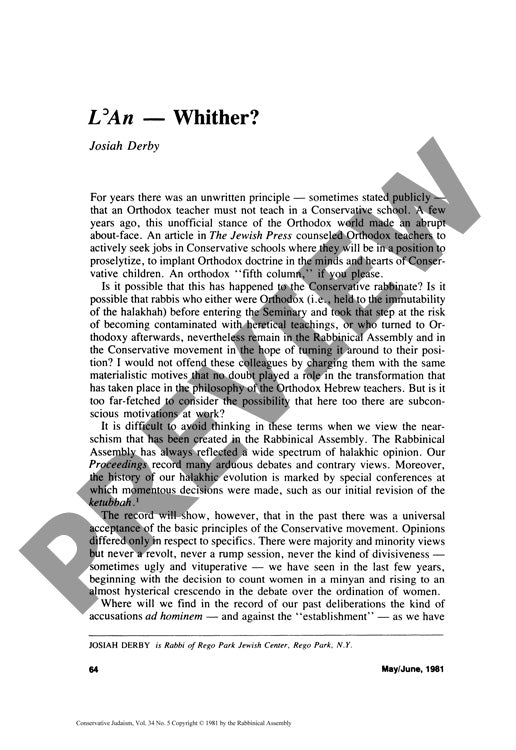Lan Wither
Couldn't load pickup availability
Deep ideological rifts emerged within Conservative Judaism's rabbinical leadership in the late twentieth century, sparked by accusations that Orthodox-leaning rabbis had strategically positioned themselves to advance traditionalist agendas within Conservative institutions. Through historical analysis and theological argumentation, the research investigates these claims by examining halakhic processes, internal Rabbinical Assembly debates, and evolving attitudes toward women's religious participation. Two watershed issues—counting women in a minyan and women's ordination—created unprecedented divisiveness, revealing fundamental tensions in Conservative Judaism's approach to religious law. The investigation shows how "Traditionalist" factions attempted to restrict halakhic decision-making to recognized experts in classical Jewish law, effectively disenfranchising the broader rabbinical membership. This approach contradicts both tannaitic precedent, where all ordained rabbis participated in halakhic deliberation, and Conservative Judaism's core principle of incorporating contemporary knowledge into religious decision-making. Accepting the Traditionalist position would transform Conservative Judaism into "a pale shadow of Orthodoxy," undermining its distinctive character. The findings demonstrate that the Conservative movement's halakhic process must maintain democratic participation while preserving scholarly rigor, reflecting the historical pattern whereby the broader Jewish community ultimately determines Judaism's evolutionary direction.

More Information
-
Physical Description
-
Publication Information
Published 1981
ISBN
-
Publication Credits
Josiah Derby

